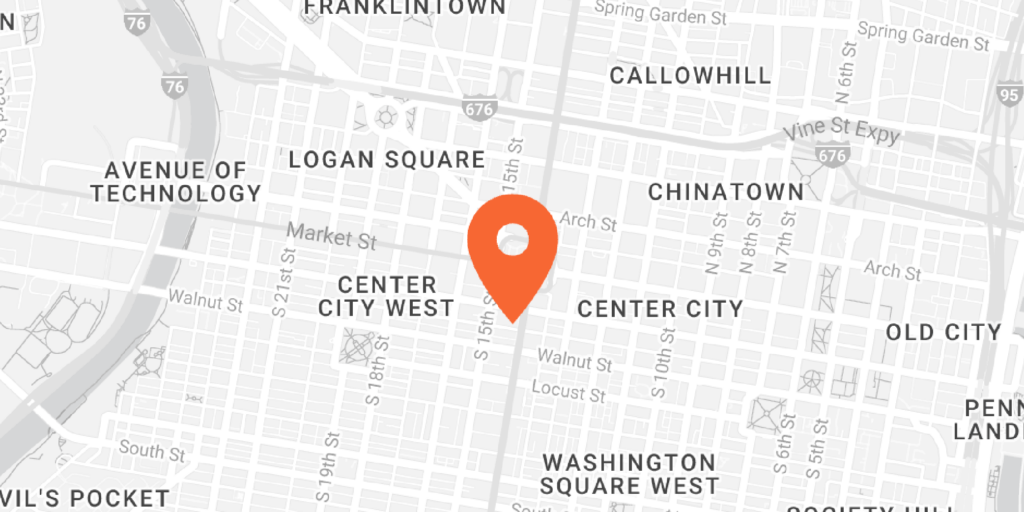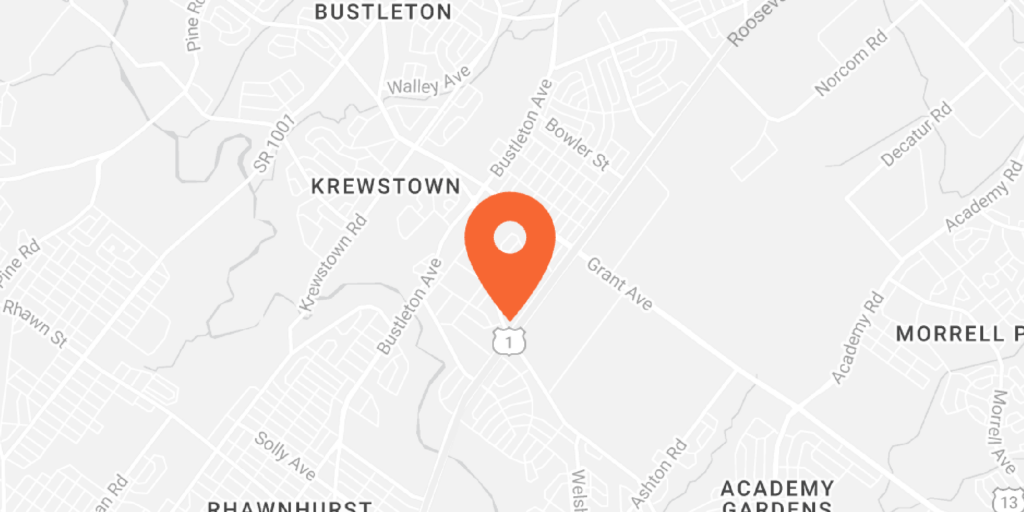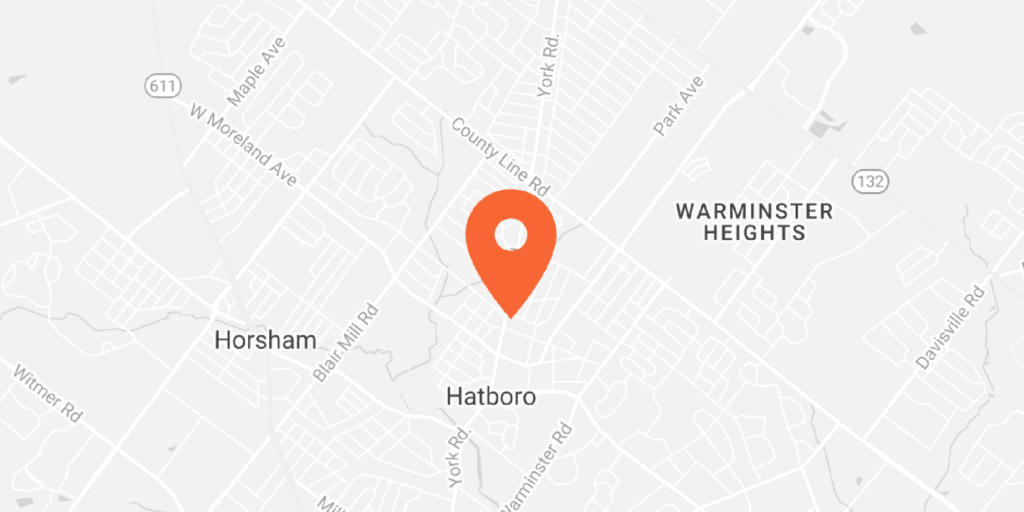Even if your teeth are pretty straight, you might still be interested in braces to help to make them perfectly straight. Not sure if braces are the right option for you? Here’s a braces quiz that should make it easy to find out whether or not braces are the right for you.
1. How old are you?
Braces aren’t just for preteens and teenagers, though that is the most common age range for people to get braces. If you are less than ten years old, your orthodontist will probably want to wait until you and your jaw are a little bit older and you can get a better idea of what your adult teeth are going to look like in your adult jaw. If you are older than eighteen, you are certainly not too old for braces. In fact, adults are the fastest growing demographic of braces wearers, especially those that have disposable income and want to straighten their teeth.
2. Are your teeth crowded?
Look in the mirror. How crowded are your teeth? You might have only one or two teeth that overlap each other. The crowding is not very noticeable, but this does not mean that it is not affect the health of those teeth. On the other hand, you might have a lot of crowding, with all of your teeth overlapping one another, many turned in their sockets in order to make room for other teeth. Braces can help any and all crowding in your mouth.
3. Are there large gaps between your teeth?
Ideally, you would want your teeth to be perfectly aligned, with only very small gaps in between each tooth. They are lined up, one next to another, without any large gaps. This might, however, not be the reality for your teeth. If you have large gaps in between your teeth, these gaps could be affecting the health of your mouth. How noticeable are these gaps when you look at your teeth in the mirror? Even if these gaps are between your back teeth, you might still want to get braces to help close them up.
4. Do you have any issues with your bite?
You have essentially five options for your bite. You can have an overbite, a slight overbite, normal alignment, slight underbite, and an underbite. With the exception of the normal alignment, all of this misalignments could be affecting the health of your teeth. An underbite could actually cause your teeth to wear away after, while an overbite could make it impossible to properly chew food. The right braces treatment can correct underbites and overbites quickly or can help you maintain your perfectly even bite.
5. Do you have crooked teeth?
You might have crooked teeth that are neither crowded nor have significant gaps between them. If a tooth is jutting out at a strange angle or is twisted in its slot, you might be the perfect candidate for braces. Take a look at your teeth. How many are crooked? If you have perfectly straight teeth except for one that is a little crooked, you might not be cut out for braces. If, however, you have more than just a few crooked teeth, you might still want to get the braces you are thinking about. Talking to an orthodontist is usually the best way to know whether or not your issues can be solved by braces.
6. Do your parents have crooked teeth?
Even if you are not yet at a stage of life where you might need braces, how straight your parents’ teeth are can be a good indication as to whether or not you might get braces yourself. If your parents have naturally straight teeth, you are more likely to have naturally straight teeth, too. This doesn’t mean that you absolutely will, but you do have their genes, and if straight teeth is in their genes, you might not need to get braces. On the other hand, if they have very crooked teeth or had to get braces themselves, it is more likely that you will need to get them, too.
7. Do your friends have braces?
Having friends that have braces doesn’t just make the process a little bit easier (you’ll have a support group for your braces), it’s also a good indication as to whether or not it is actually time to get braces. If most of your friends either have had braces or are currently wearing braces, this could be a good indication that it’s time for you to get braces, too.
8. Do you want braces?
One of the biggest factors to consider is whether or not you actually want braces. If you do not think that you need braces or you simply do not care about how straight your teeth are, you might not need to get them—as long as there is no medical necessity. Many people think about braces as only for those who want teeth that look straighter but the truth is that crooked teeth and a misaligned bite can actually affect the health of your mouth. As long as your teeth are not affecting your health, you might not need to get braces if you do not want them.
Getting braces is a big decision and is not one that should be made on the fly. Even if all of your friends have braces and you feel like now is the time, each person and each mouth is different. Answering these questions will help you determine whether or not you are cut out for braces.




